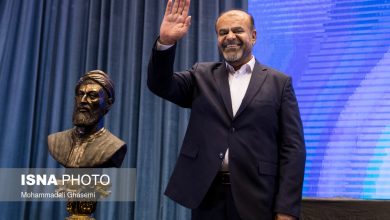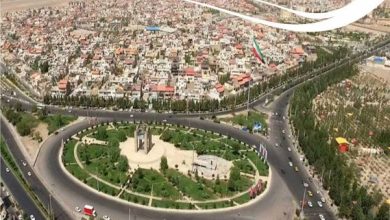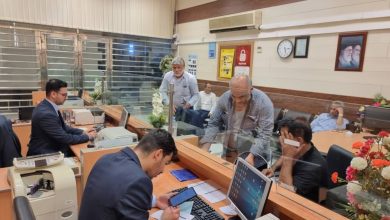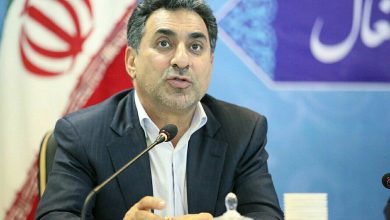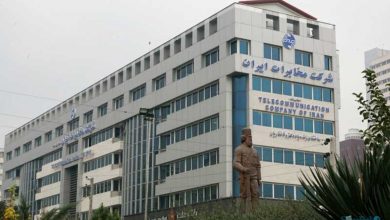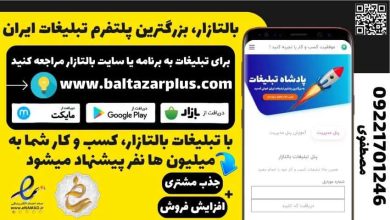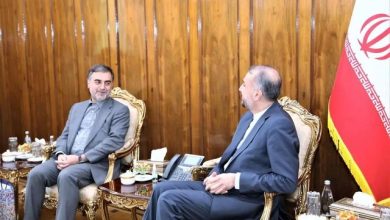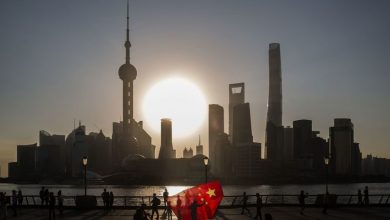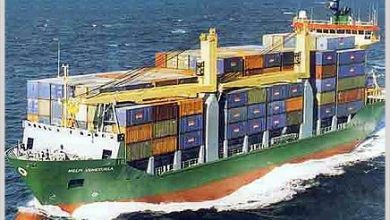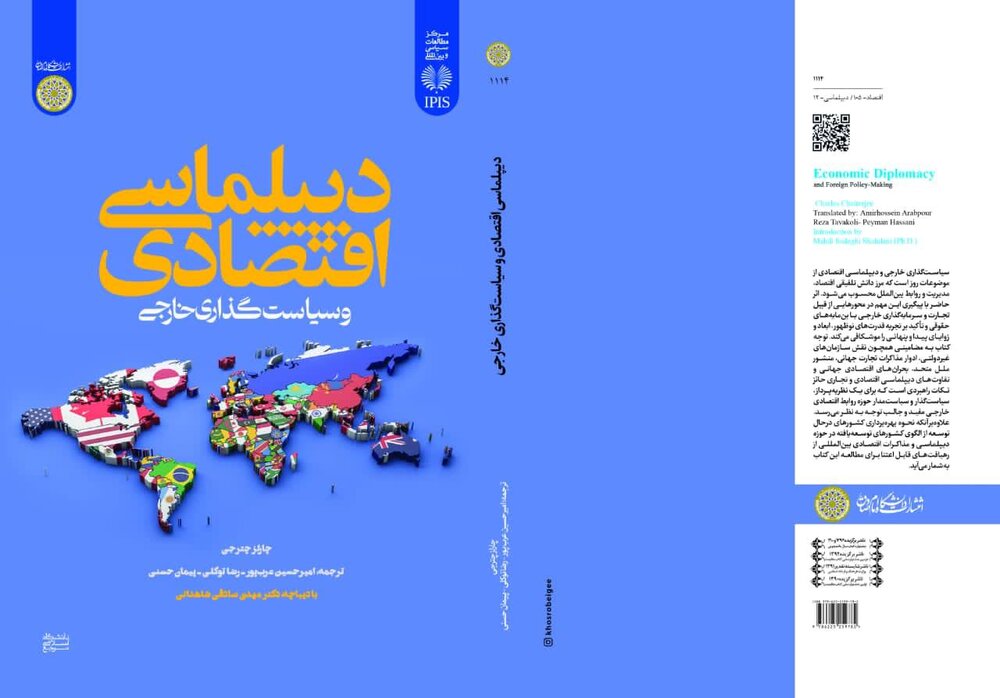

The book “Economic Diplomacy and Foreign Policy Making” was written by Charles Chatterjee and published by Macmillan in 2020. It was translated by Amir Hussein Arabpour, Reda Al-Tawakli and Peyman Hosni, experts at the Thought Center for Economic Diplomacy at Imam Sadiq University. (P) It was published in the winter of 1401 with an introduction by Dr. Mahdi Sadeghi Al-Shabhani, the head of the scientific council of this research center.
According to the informants, this book is the second academic work on the subject of economic diplomacy and the first joint cooperation between Imam Sadiq University (pbuh) with the Center for Political and International Studies at the Ministry of Foreign Affairs.
The author’s legal background and his motives in designing an effective type of diplomatic activity for developing countries in the global economy appear clearly in the text of this book. Accordingly, the integration of business administration, economic sciences, and international law in Translators has sought to support an interdisciplinary understanding of foreign policy issues.
It was stated in part of this translated work: “The main objective of economic diplomacy is to develop economic relations with selected countries on the basis of bilateral and international diplomacy. Therefore, diplomats must be competent negotiators equipped with knowledge and skills in this field.”
Mahdi Sadeghi al-Shabhani, professor of economic sciences and head of the Economic Diplomacy Research Center, stated in the introduction to this work that: “Economic diplomacy has an extraordinary ability so that by relying on it and emphasizing it, we can identify the bottlenecks of the defective mechanisms in governing the country and try to remedy them.”
As Khalil Charghalmi, research assistant at the Center for Foreign Affairs Studies, stated at the beginning of this book: “In today’s era, the most important task and function of diplomacy in the world is to create economic value for countries. The origin of many political rivalries is also economic interests, and foreign policy has served economy, development, and the well-being of citizens more than ever before.The translators of the book have exerted valuable effort in clarifying the concepts of the book with great accuracy and presenting a smooth and understandable translation of the book in front of the reader.
the end of the letter
